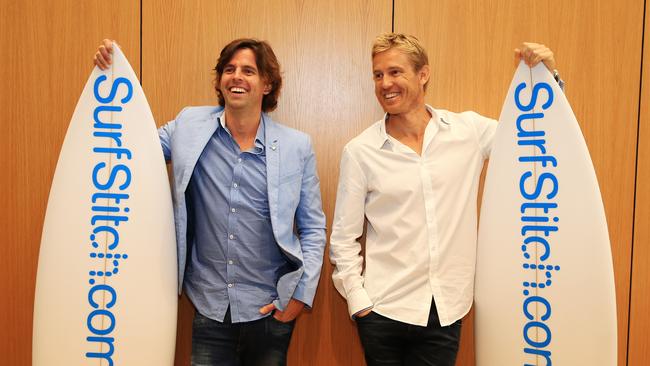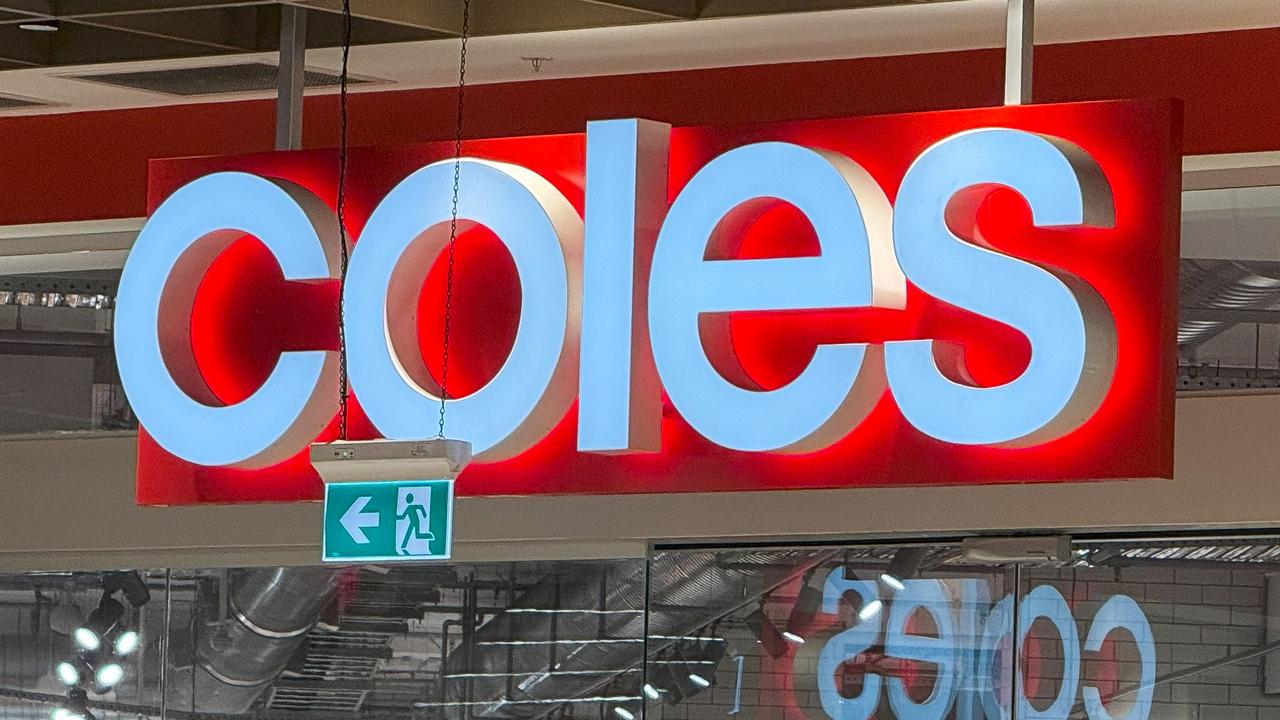$20m deal could wipe out SurfStitch
A COLLAPSED $20m deal with a mysterious company could be the final wave that sinks struggling surfwear giant SurfStitch.

A COLLAPSED $20 million deal with a mysterious company could be the final wave that wipes out struggling surfwear store SurfStitch.
On Thursday, more than $23 million was wiped from the market value of the online retailer after it warned it would post an annual loss.
It was the second time in a month that the company, founded in a garage by surfing mates Justin Cameron, Lex Pedersen and Haydn Smith in 2007, had downgraded its earnings forecast.
SurfStitch now expects to post a loss of between $17.3 million and $18.3 million.
Derek Rielly, of surfing website BeachGrit, describes the loss as the start of SurfStitch’s “long goodbye” after a meteoric rise.
“In a nutshell. Two surfers, one with a banking background, start an online surf store in 2007,” he wrote.
“They risk everything, mortgage their houses, work their asses off, get bought by Billabong in 2009, then buy it back, go public, buy Stab, Magic Seaweed, Garage Entertainment and FCS and build the dazzling company to a point where it’s worth more than half a billion dollars.
“And then came the downward ride.”
The latest downgrade was caused by a $20.3 million shortfall from a licensing deal that apparently fell through.
In a statement to the ASX, SurfStitch said the deal “related to the grant of perpetual licence to a third party to use the company’s content”.
Another set of agreements, signed with the same company in the second half of the year, related to the provision of online services such as SurfStitch’s online store while also “[extending] the payment terms of the perpetual licence agreement”.
As a result of “recent information that has come to hand”, SurfStitch “believes in substance an amendment to the original contract” occurred.
“The effect of this is that $20.3 million of revenue will be reversed,” the statement said.
SurfStitch has refused to share any more information about the mysterious company or the nature of the “recent information” that came to hand.


The company’s shares fell 21 per cent on the news. SurfStitch has now lost more than 70 per cent of its market value since May 3, when it first downgraded its earnings guidance, from an original forecast of up to $18 million.
In May, the company said trading conditions had become more challenging, meaning its advertising costs would rise.
It followed the abrupt departure of Mr Cameron in mid-March, who announced his resignation to the board in an email and hasn’t been heard from since.
A rumoured bid by Mr Cameron to buy back the company in partnership with private equity and take it private never eventuated.
SurfStitch shares dropped 8.5 cents to 32 cents on Thursday, reducing its market value to $88.3 million. The company said it expected to return to profitability in 2016/17.
It has also promoted chief operating officer Mike Sonand to chief executive, just a month after he joined the company.
He will replace joint CEOs Lex Pederson and Justin Stone, who will now become director of business development and director of global support, respectively.
“Mike has already had a very positive impact on the leadership team,” chairman Howard McDonald said. “He has already demonstrated a firm grasp of the company’s immediate priorities and growth initiatives.”
Mr Pederson and Mr Stone were appointed joint CEOs in March after the surprise departure of Mr Cameron.
Speaking to The Australian, Mr Sonand was critical of former management, saying “our hands were off the tiller and we were in rough seas’’ since the company went public in 2014.
“Three capital raisings, six acquisitions and one closure, and that was in less than 12 months,’’ Mr Sonand. “And the failure to drive any operational improvements off our new acquisitions or properly integrate them.
“The pace was frenetic and created a lot of distraction, complexity and lack of accountability across the group.”



